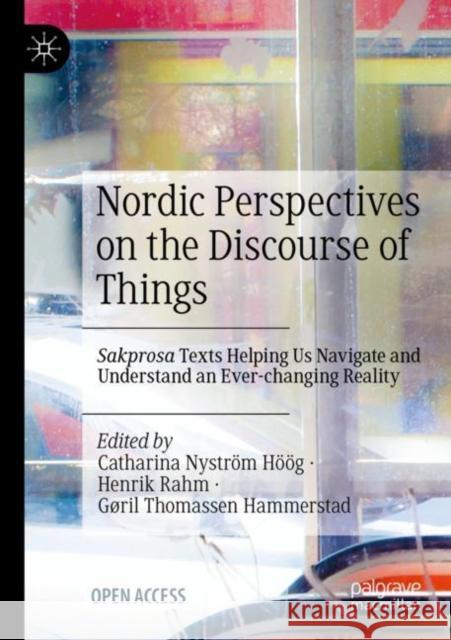Nordic Perspectives on the Discourse of Things: Sakprosa Texts Helping Us Navigate and Understand an Ever-changing Reality » książka
topmenu
Nordic Perspectives on the Discourse of Things: Sakprosa Texts Helping Us Navigate and Understand an Ever-changing Reality
ISBN-13: 9783031331244 / Angielski / Miękka / 2023 / 164 str.
Nordic Perspectives on the Discourse of Things: Sakprosa Texts Helping Us Navigate and Understand an Ever-changing Reality
ISBN-13: 9783031331244 / Angielski / Miękka / 2023 / 164 str.
cena 160,61
(netto: 152,96 VAT: 5%)
Najniższa cena z 30 dni: 154,18
(netto: 152,96 VAT: 5%)
Najniższa cena z 30 dni: 154,18
Termin realizacji zamówienia:
ok. 22 dni roboczych
Dostawa w 2026 r.
ok. 22 dni roboczych
Dostawa w 2026 r.
Darmowa dostawa!
Kategorie:
Kategorie BISAC:
Wydawca:
Springer International Publishing AG
Język:
Angielski
ISBN-13:
9783031331244
Rok wydania:
2023
Ilość stron:
164
Wymiary:
21.0 x 41.8
Oprawa:
Miękka
Dodatkowe informacje:
Wydanie ilustrowane











